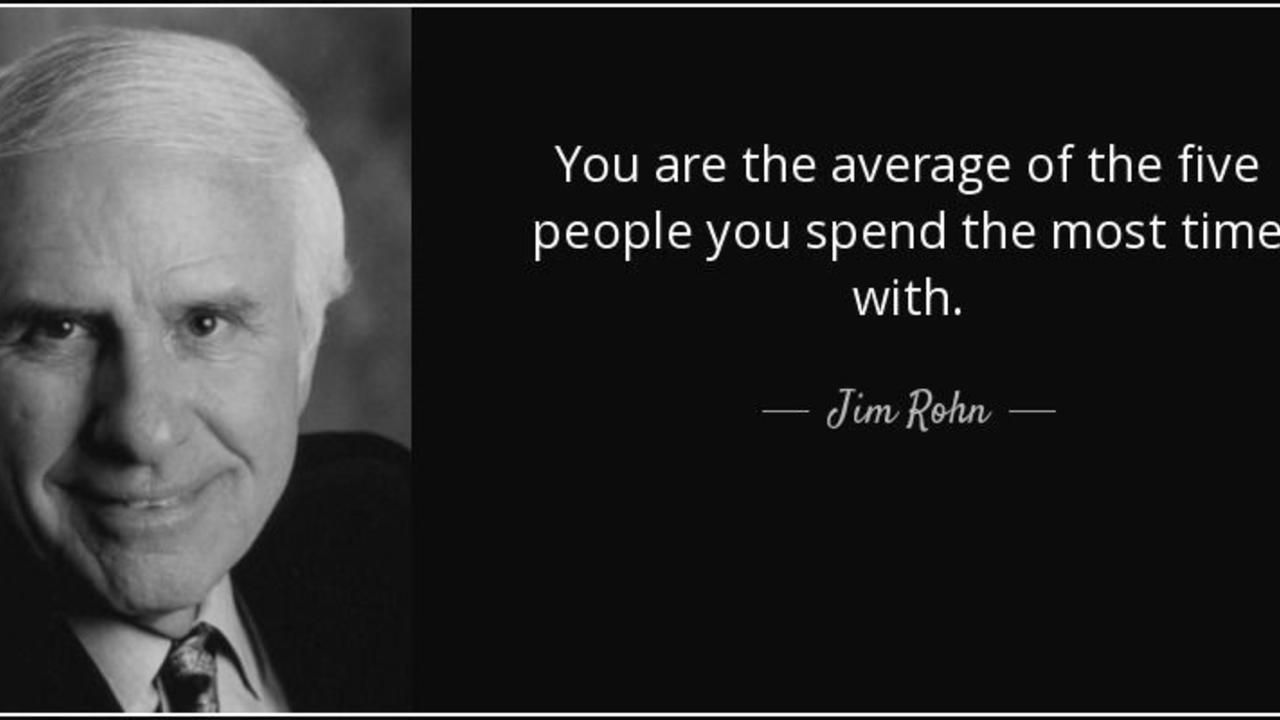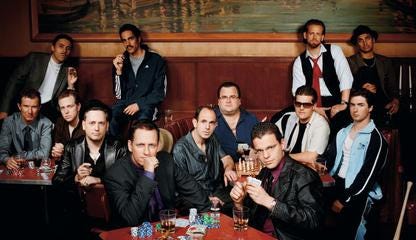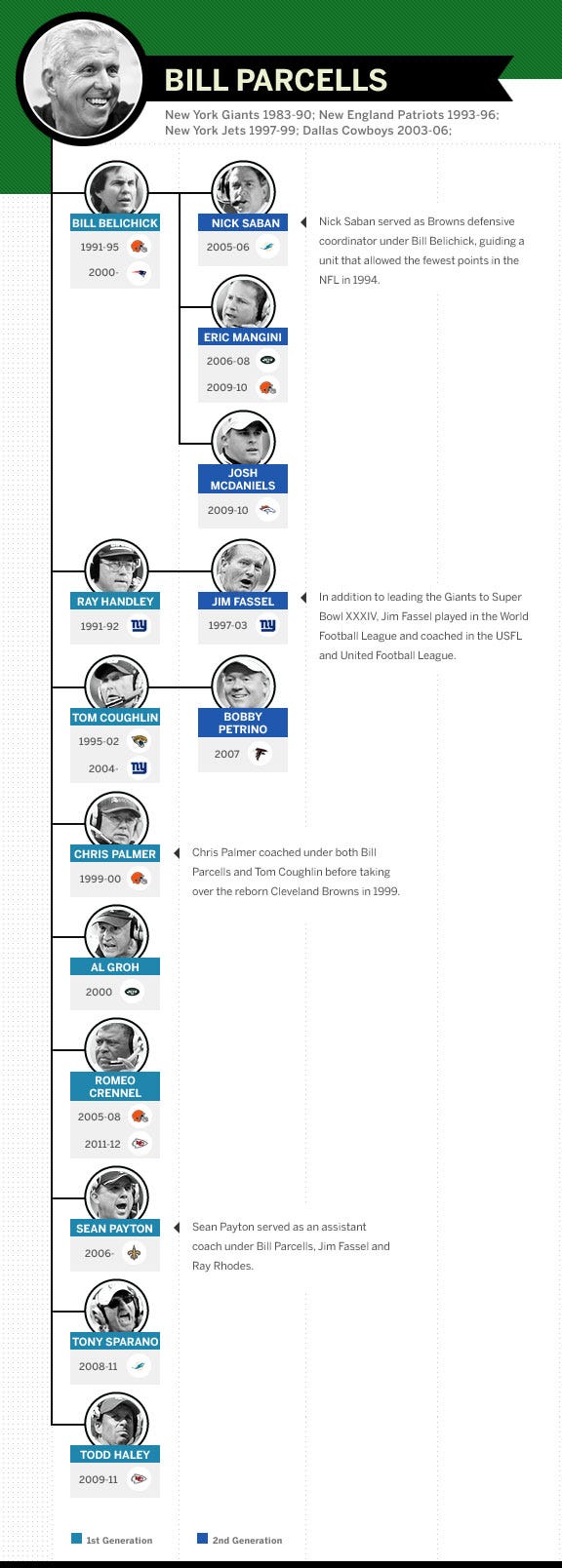“Show Me Your Friends and I Will Tell You What You Are”

Spanish Proverb
People have a huge impact on your life. “You are the average of the five people you spend the most time with,” says American entrepreneur and motivational speaker Jim Rohn.
You should think about the people you are associating with the same way you think about what you eat and how you’re exercising. Here are a few examples on just how poignant this one reality can be.
The “PayPal Mafia” is a group of former PayPal employees and founders who have since founded and developed additional successful technology companies such as Tesla, Inc., LinkedIn, Palantir Technologies, SpaceX, Affirm, Slide, Kiva, YouTube, Yelp, and Yammer. Most of these so-called members attended Stanford University or University of Illinois at Urbana-Champaign at some point in their studies.
Why do we denigrate a smoothly run southern Mediterranean conglomerate with tight hierarchical structures by associating it with some slick tech startups? The PayPal Mafia is sometimes credited with inspiring the re-emergence of consumer-focused Internet companies after the dot-com bust of 2001. The PayPal Mafia phenomenon has been compared to the founding of Intel in the late 1960s by engineers who had earlier founded Fairchild Semiconductor after leaving Shockley Semiconductor. The selection process and technical learning at PayPal played a role, but the main factor behind their future success was the confidence they gained there. Their success has been attributed to their youth; the physical, cultural, and economic infrastructure of Silicon Valley; and the diversity of their skill-sets. PayPal’s founders encouraged tight social bonds among its employees, and many of them continued to trust and support one another after leaving PayPal. An intensely competitive environment and a shared struggle to keep the company solvent despite many setbacks also contributed to a strong and lasting camaraderie amongst former employees.

The tale of Standard Oil’s proclivity to gobble up competitors in the process of gaining control of the stream of commerce within its industry is well known. Less known is John D’s benevolence towards the owner/founders of these absorbed entities. The talented ones were kept on and given raises with profit sharing. The truly gifted ones were brought into corporate headquarters at 26 Broadway to help the manage the firm. The company grew rapidly as the oil business became socially ensconced with American society. While John D. Rockefeller was the unassailable head of the organization, the limelight was left to his active partners: Henry H. Flagler, Samuel Andrews, Stephen V. Harkness, Charles Pratt, Henry H. Rogers, his brother William Rockefeller and numerous others. After the breakup of Standard Oil for alleged monopolistic control of an industry in 1911 all these gentlemen went onto successful careers in business as well as philanthropic endeavors which largely define our cultural landscape today.
Strong associations are not limited to the world of business. The world of sports is replete with fruit-of-the-tree analogies. Let us take as an example a rather well-known Football Coach and the legacy he left behind:




